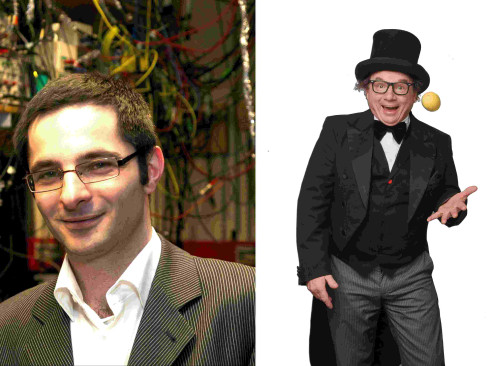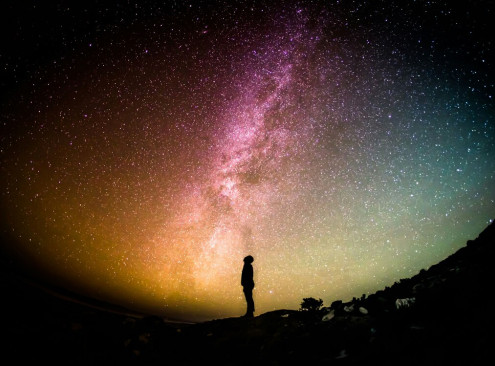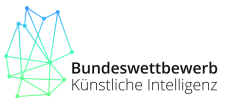© Pint of Science, 2026. Alle Rechte vorbehalten.
Do you want to know more about how the world *exactly* works? When you look at the stars, are you interested in how pretty they are or also what are they, how and when were they formed? If any of your answers were yes, then come and join us on this special night to learn more about "quantum magic" and stars in the universe, while enjoying a pint of beer to ease the thought process. The Café will open its doors before the event begins – talks can also be heard from the beer garden outside. Everyone is welcome, even without a ticket! This events features talks in both English and German!
Magie der Quantenmechanik
Prof. Dr. Sebastian Slama
(Professor, University of Tübingen, Physical Institute)
Zauberer Peter Leonhard
(Zauberkünstler/Komiker)
Alle heutigen elektronischen Geräte nutzen Bauteile, die nach den Gesetzen der Quantenmechanik funktionieren. Dabei gab es vor 100 Jahren, als die Quantenmechanik erstmals formuliert wurde, deutlichen Widerstand in der Physik gegen die damit verbundenen konzeptionellen Umbrüche. Ideen wie die Unschärferelation, Überlagerung und Verschränkung erschienen aus Sicht der etablierten klassischen Physik wie reine Magie: wie kann es sein, dass Dinge an zwei Orten gleichzeitig sind, und wie können sich Teilchen über beliebig große Distanzen hinweg gegenseitig beinflussen? Diese Fragestellungen sind heute wieder hochaktuell, da derzeit neue Geräte entwickelt werden, die auf diesen seltsamen Effekte beruhen. Man spricht in diesem Zusammenhang auch von der zweiten Quantenrevolution, in der neben Quantencomputern und Quantensimulatoren auch Quantenkryptographie-Verfahren und Quantensensoren entwickelt werden. Wir wollen diesen grundsätzlichen Fragen der Quantenmechank beim Pint of Science of den Grund gehen. Dazu werden Prof. Sebastian Slama, Wissenschaftler am Center for Quantum Science der Universität Tübingen, und der Zauberer Peter Leonhard einen physikalisch-magischen Abend gestalten.

Prof. Dr. Sebastian Salma & Peter Leonhard
How do we measure the ages of stars?
Dr. Alexander Binks
(Postdoc, University of Tübingen, Institute for Astronomy and Astrophysics )
"Across the Milky Way (and beyond), stars are constantly forming and morphing. These changes not only shape the Galactic environment as a whole, but also the chances for life to form in orbiting planetary systems. To get a really good picture of how a whole menagerie of stars evolve, we need to calculate their ages - a seemingly mind-boggling task at first sight.
In my talk I'll guide us through the main innovative and creative methods that have been developed to pinpoint stellar ages. Along the way we'll have a look at how stars and star clusters form and disperse, and how huge astronomical surveys combined with a boost in technological and computing power are driving us to a better-than-ever view of stellar evolution. Oh, and there's a celebrity-age-guessing quiz too!"
In my talk I'll guide us through the main innovative and creative methods that have been developed to pinpoint stellar ages. Along the way we'll have a look at how stars and star clusters form and disperse, and how huge astronomical surveys combined with a boost in technological and computing power are driving us to a better-than-ever view of stellar evolution. Oh, and there's a celebrity-age-guessing quiz too!"

License Free
© die Mitwirkenden OpenStreetMap








